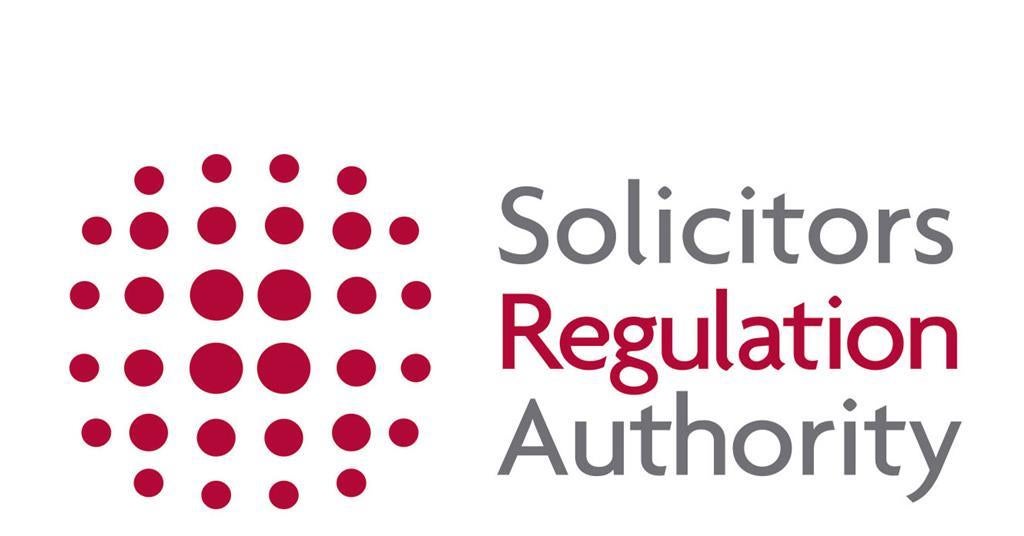
It is a common view that in fighting wrongdoing on behalf of the public, regulators lack strength and power across a range of sectors. As a breed they are often perceived as lightweights not heavyweights, and certainly not the champions we all deserve.
In regulating the law firms and solicitors in England and Wales that make a major contribution to the UK’s £32bn a year legal services sector, the Solicitors Regulation Authority (SRA) certainly needs to be fighting fit. We take robust action in hundreds of cases each year where there is wrongdoing and in the most serious instances solicitors can lose their livelihoods.
However, there is one important area in which the SRA is punching below its weight. We are severely limited in terms of what we can do when firms step out of line. Significant fines signal to all firms that there are consequences if they don’t follow the rules. Yet until recently the maximum fine we were able to impose on most firms and those practising within them was £2,000. Last year that increased to £25,000.
If we consider that a greater financial penalty is justified, we can refer cases to the Solicitors Disciplinary Tribunal (SDT). This body can also stop solicitors practising, but when it comes to fines the process is slow and the fines are generally still low.
The current level of fine that the SRA can impose may be sufficient in dealing with transgressions by sole practitioners and those in small high street practices, but it is clearly inadequate for big city firms turning over millions and sometimes hundreds of millions of pounds. For those larger players our fining powers can feel, and appear to the public, to be a lightweight tap on a heavyweight wrongdoer.
This not only risks undermining public trust but raises concerns about public protection. A fine from us is clearly not a meaningful deterrent if it can be brushed aside as a minor expense.
This situation contrasts with other regulators whose powers are calibrated not to be a slap on the wrist but to have a real effect on a business’s bottom line. The Financial Conduct Authority, Ofgem and the Gambling Commission all have and use the power to impose fines running into many millions of pounds. Their fining powers are an essential element that allows the public to have confidence that wrongdoing in those sectors will be effectively sanctioned. Such fines also send a strong message to others, meaning those who may have been tempted to step out of line are more likely to think twice. Why should the regulator of solicitors in England and Wales lag so far behind?
Things are, however, about to change. The Economic Crime and Corporate Transparency Bill is on the cusp of receiving royal assent. It will enable us to issue unlimited fines but only in matters of economic crime. These would include instances of firms failing to prevent money laundering, or failing to ensure that UK or international financial sanctions are applied.
This is a positive step. Economic crime supports serious criminal activity, ranging from people trafficking to drug rings. It also funds terrorism and can support pariah states. The role of lawyers means they can identify and prevent the flow of dirty money into the system. Firms should be at the forefront of tackling this problem. Most step up to that challenge, but some aren’t doing enough. I am putting those firms on notice.
While these tougher powers are welcome, does it make sense to limit them to the realm of economic crime? Should a firm that has inadequate systems in place to protect client money face fines from a regulator that are limited to £25,000? And what about those who take a conscious decision to flout compliance? Surely it cannot be right that a firm can carry out a cost/benefit analysis and conclude it might be a risk worth taking because they may only face a low-level fine?
Of course, it is important there are safeguards in place, such as a right of appeal for those who are fined. Solicitors and firms can appeal against our decisions to the Solicitors Disciplinary Tribunal, and ultimately to the High Court.
Public protection is also not only about fines – well-crafted rules and support are key, too – but a credible deterrent is essential. As Teddy Roosevelt said, “Speak softly and carry a big stick; you will go far.”
I hope the changes we are seeing are the beginning of enhancements to make sure our regulatory powers are in line with other sector regulators. The public and legal sector need to be confident that when it comes to upholding high professional standards we can and will take appropriate, robust action. Or in Roosevelt speak, we are carrying a big enough stick.
[See also: The lawyers taking polluters to court: “No company is above the law”]




